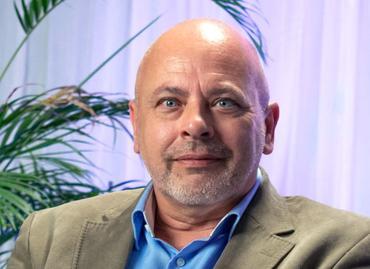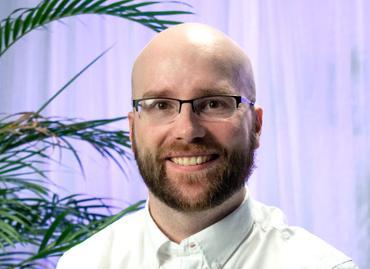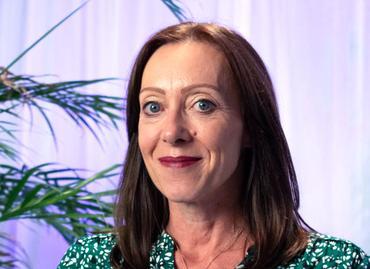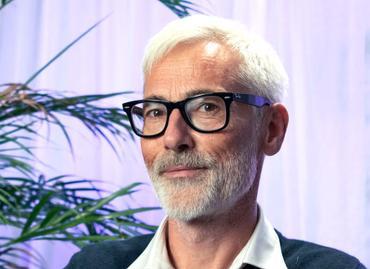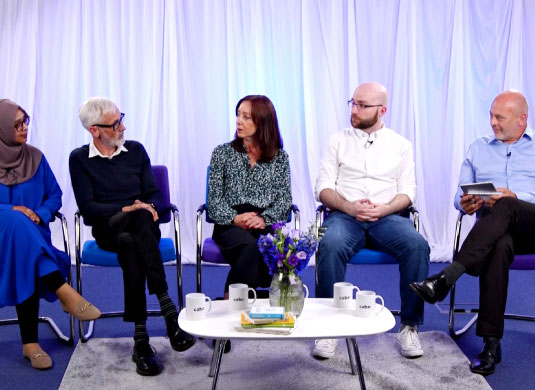introduction
introduction from Dr Cristian Holmes, CEO of caba
Globally we are wrestling with a cost of living crisis. Inflationary pressures impacting everyone’s day-to-day financial choices are being affected, and with the prospect of further difficult economic challenges through the remainder of the year and in to next, the impact is only expected to get worse.
We are just as vulnerable to this crisis as anyone else. Accountants in well-paid positions might be worrying about their finances for the first time in their professional lives, students and newly qualified accountants balancing the amplified financial challenges of being a young professional, while those who might have already been struggling, such as carers, retirees and single or young parents, find their resources even more thinly stretched.
And yet, it is an area we don’t feel comfortable talking about, leaving many to struggle in silence. There seems to be a sense of embarrassment, stemming from concerns about what colleagues, employers and clients will think of an accountant who requires financial support or guidance themselves. It should therefore come as no surprise that this crisis is causing rising levels of stress and anxiety within our profession.
At caba, the occupational charity for chartered accountants, we help the global ICAEW community thrive through everyday and exceptional situations, whether they are struggling financially, mentally, physically or in their careers. With that mission in mind, we wanted to understand how this crisis, and the prospect of a looming recession, is affecting the community, both practically and emotionally. We have therefore prepared this report, in order to help guide students, past and present chartered accountants and their families through this worrying period.
We asked 2,300 employed and unemployed ICAEW members, students, retirees and their families a series of focussed questions to better understand how this crisis is impacting on them now, and their future concerns. We identified two key take-outs, one emotional and one practical. First, we heard just how real the challenge is for us that over a third (34%) of working accountants are concerned about their future, with many feeling anxious, stressed and even depressed. The second, is that there is a growing sense that in this challenging time, one-in five (20%), felt their job progression is being negatively impacted.
There is clearly a challenge here for our community. One we must be more open about, but also more attentive in supporting. With this report, we hope to shine a light on the size and scope of the issue and to highlight how caba, and other organisations, can help and empower the ICAEW membership to take steps to support themselves. I hope those reading find our advice helpful and understand that caba is an organisation that you can turn to, should you need our help.
introduction from Tooba, qualified accountant
Despite our financial expertise, accountants aren’t immune to these disconcerting times. Every day, I’m seeing colleagues struggling as a result of the cost of living crisis, both with their financial wellbeing and their mental health. What I’m also seeing is that many are reluctant to ask for help.
It isn’t difficult to imagine what’s causing this reluctance to open up. Businesses in virtually every industry are struggling, putting increased pressure on accountants to help keep them afloat. There are also concerns about job security, with teams shrinking as vacancies dwindle. To admit to a colleague or even an employer that you, yourself, are in financial difficultly must feel like an impossible prospect in the current climate.
So, as I read through the data in this report, two statistics which really hit home were that one-in-five (21%) of those surveyed were embarrassed by their financial struggles, while fewer than two-in-five (38%) would seek financial advice from an organisation like caba.
It’s for this reason that I felt it important I spoke up. From my own experience of asking caba for help, my message to my accounting colleagues is that suffering in silence is not the answer. You are not the only one who is struggling and there is no shame in asking for help.
In this report, you will read insight provided by just a few of caba’s resident experts. From debt advisers to mental health experts, these people are ready to guide our community through the cost of living crisis. When I needed their support, all it took was a phone call. I spoke with the caba helpline, and from there I was given exactly what I needed. It was quick, confidential and - crucially - completely free of any judgement.
You might be reading this and thinking your circumstances are too severe for caba to help. Or perhaps you feel your situation isn’t severe enough. Perhaps you think you’ll make that call when the time is right. My view - indeed, my own experience - is that it isn’t about waiting for the time to feel right. It’s about making it right now.
If you’re worrying about the prospect of speaking to someone, I hope you’ll trust me when I say that you’ll likely be amazed by what caba can provide. There’s no expectation or strings attached. If you can find it within yourself to make that call, they will do the rest.






